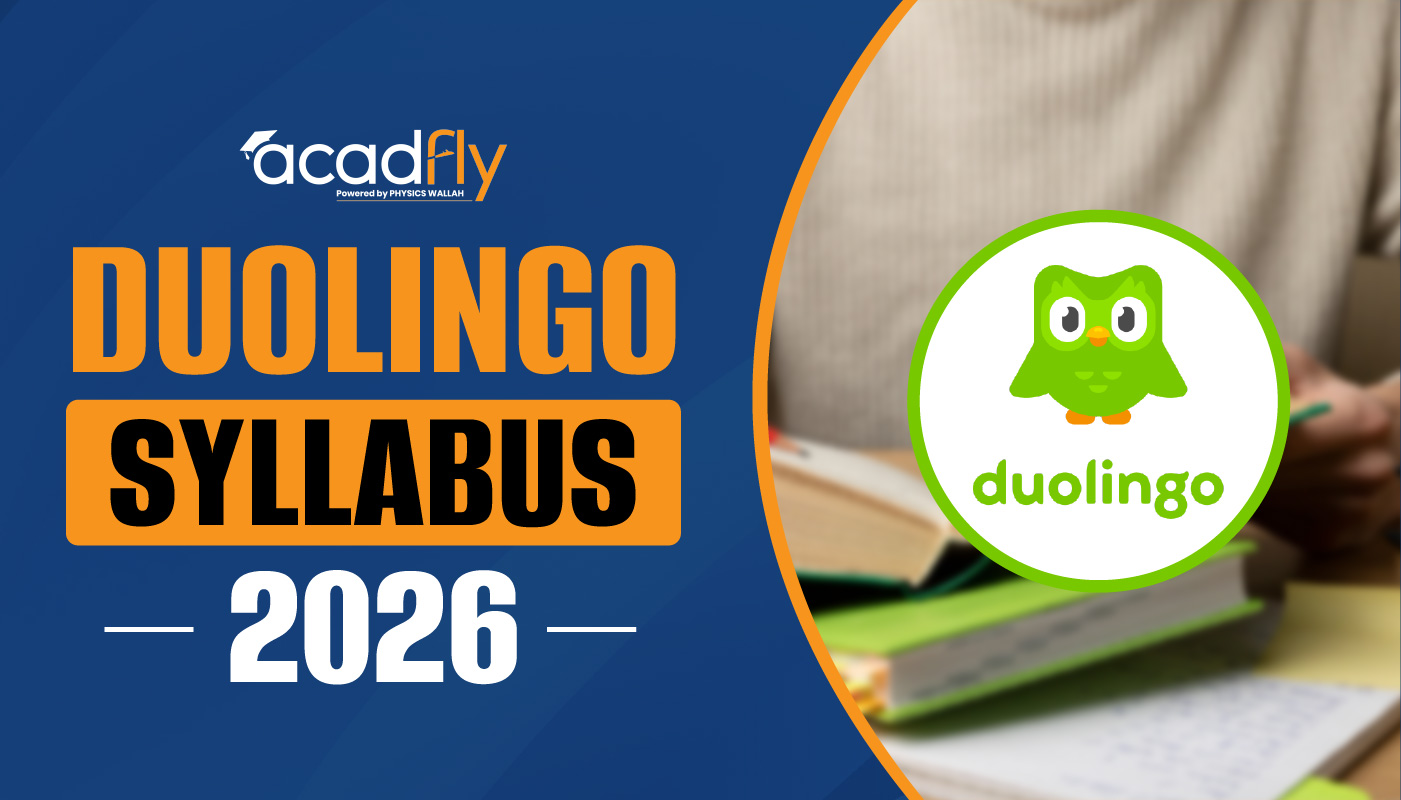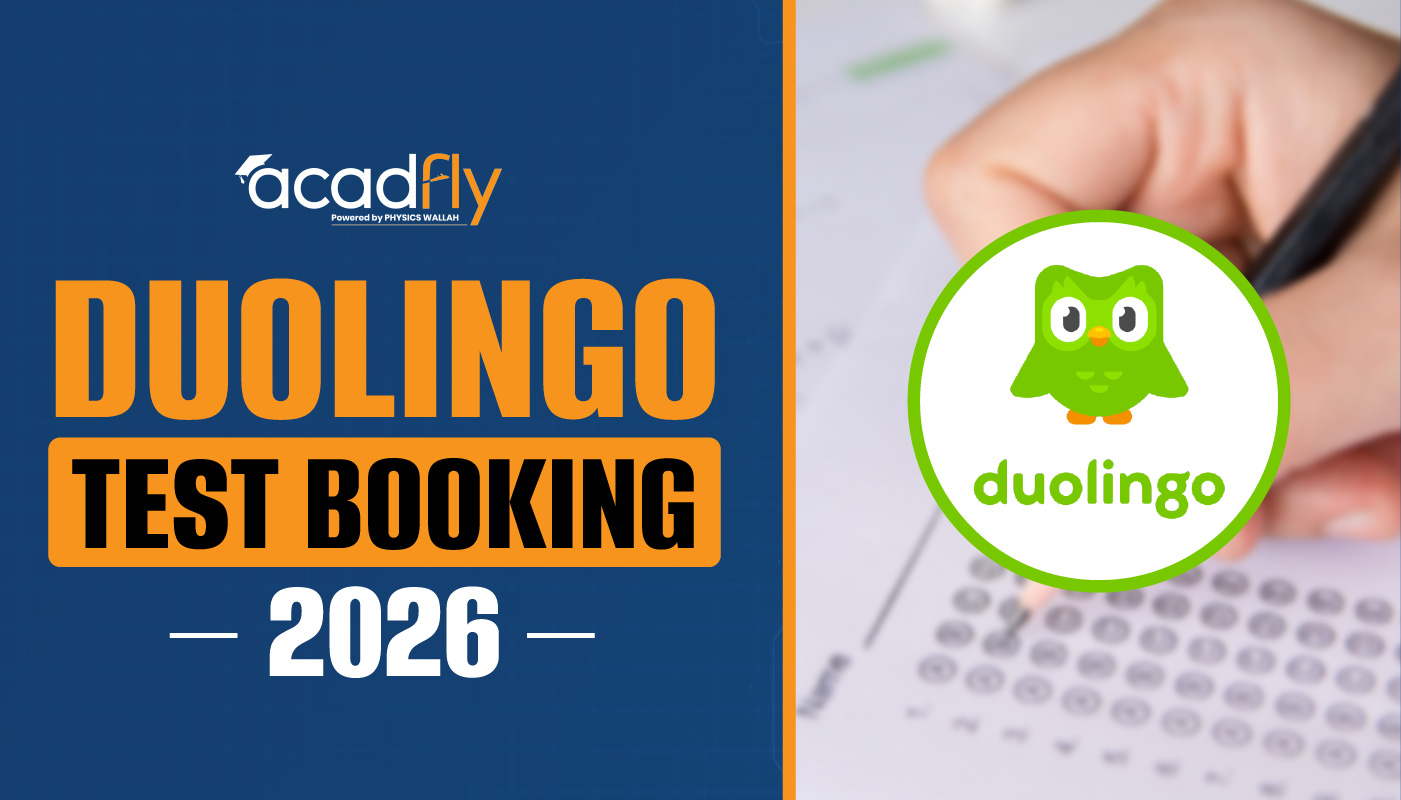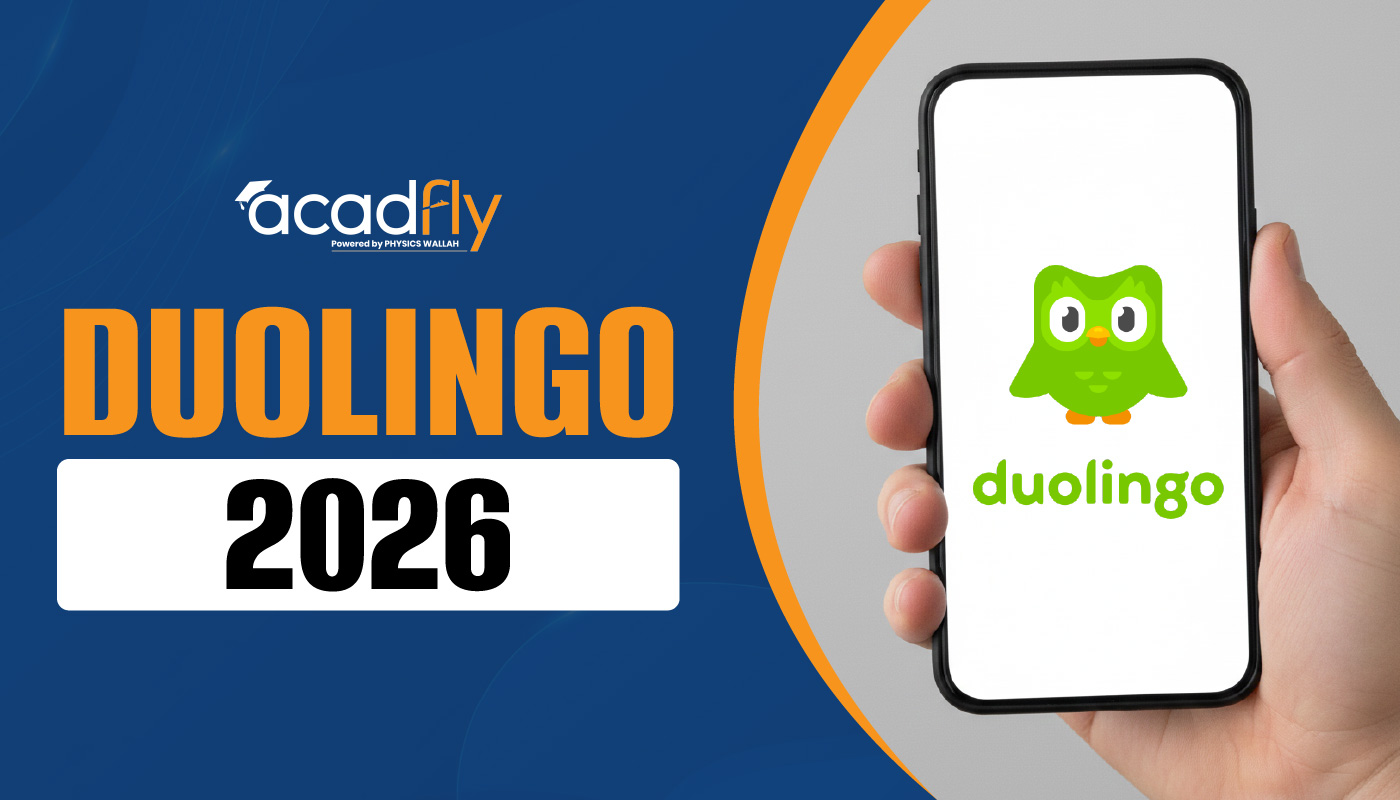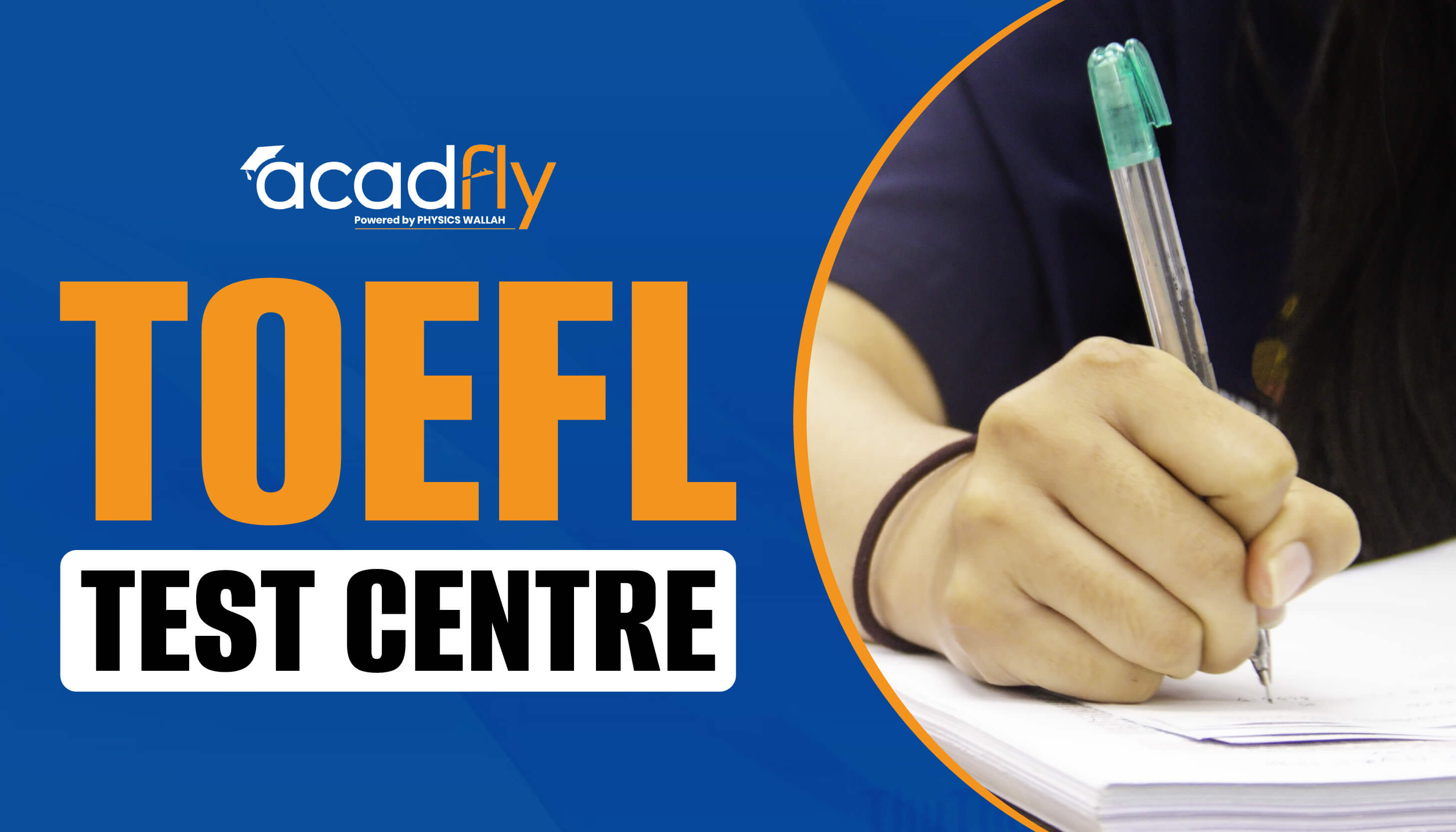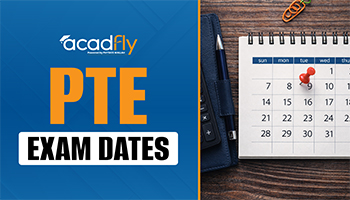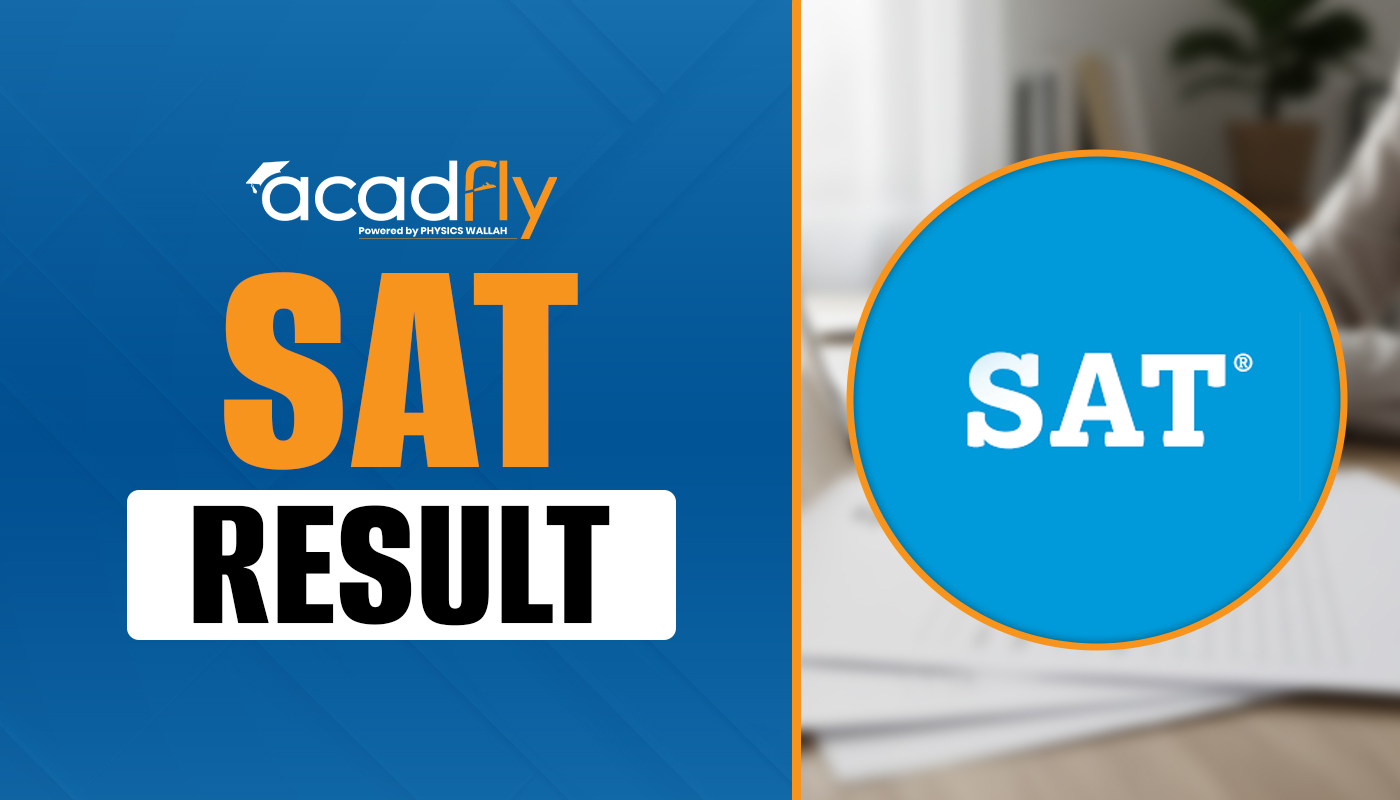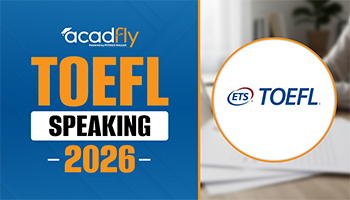
TOEFL iBT Or TOEFL Essentials: Which One You Should Choose? - ETS, the organisation responsible for administering the TOEFL exam, has introduced a variety of TOEFL test formats for the benefit of students. Indian students interested in registering for the TOEFL iBT test can now take the TOEFL iBT test, TOEFL iBT Home Edition, or TOEFL Test on Paper. ETS, the organisation that administers the TOEFL iBT exam, has developed the TOEFL Essentials examination to continue its efforts to give a better testing experience to all candidates while also protecting students' safety.
While the TOEFL iBT test is the premier English proficiency exam for students, the TOEFL Essentials Test has been designed to redefine English proficiency assessments during and after a pandemic. In this post, we will explore the differences and similarities between TOEFL iBT and TOEFL Essentials Test, as well as recommend which exam our readers should take.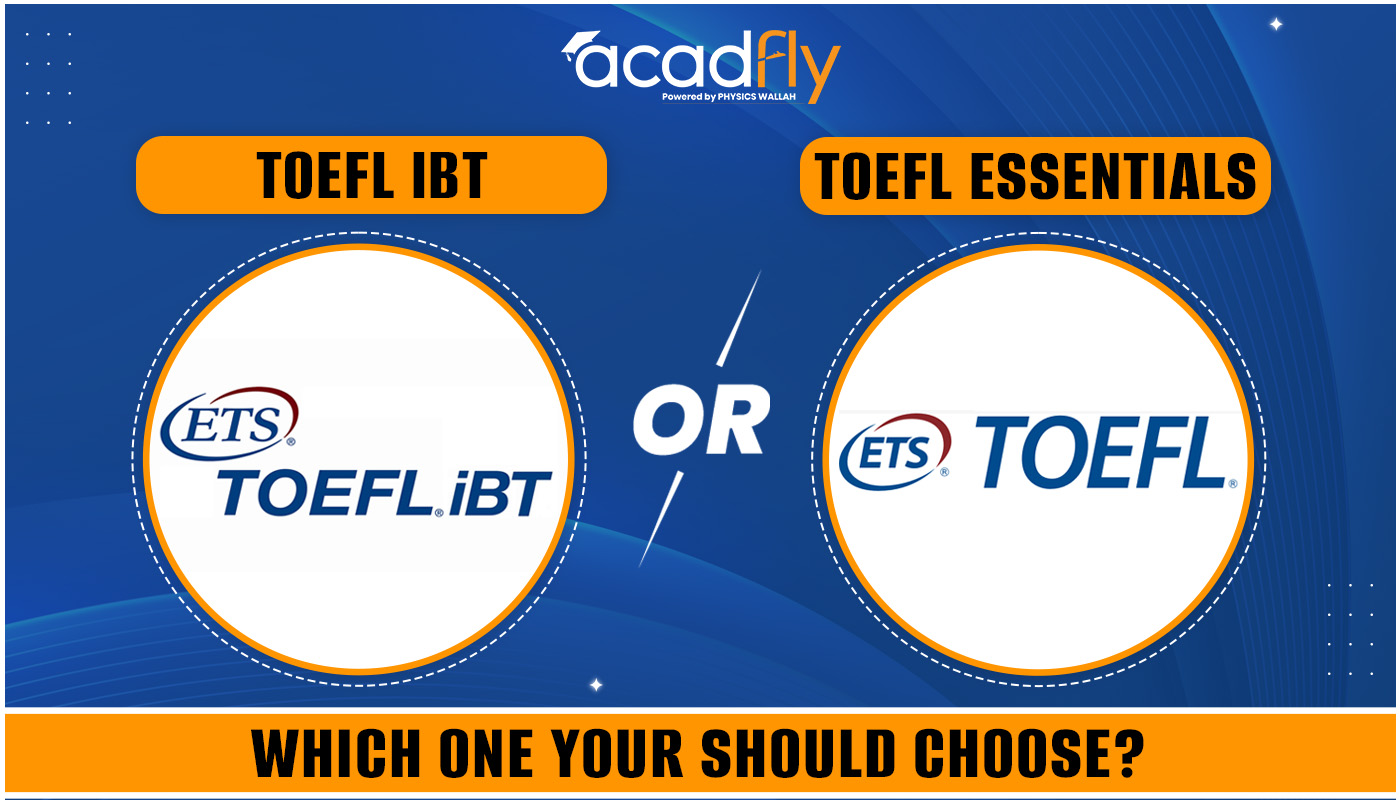
While the TOEFL iBT test and the TOEFL Essentials test appear to be comparable on the surface, digging deeper reveals the dramatic contrast between the two. In this section, we'll talk about the differences between the TOEFL iBT and the TOEFL Essentials Test.
|
Particulars |
TOEFL iBT |
TOEFL Essentials Test |
|
What it Measures |
Language skills in an academic context. |
Basic language abilities in academic and non-academic settings |
|
Language Domain |
Academic English setting -100% |
General - 50% Academic English - 50% |
|
Sections |
|
|
|
Who’s likely to take it |
Students applying for UG/PG/PhD programmes abroad. |
International students applying to universities (restricted admission) and high schools |
|
Duration |
2 hours |
1.5 hours |
|
Main Test Design Principle |
Designed to provide the most effective evaluation of practical English communication in academic settings, with a range that corresponds to the CEFR B1-C2. |
Designed to be a highly efficient, multistage adaptive exam that properly evaluates the whole spectrum of English competence (CEFR A1 to C2) with fewer test items and in about 1-1/2 hours. |
|
Delivery |
At a test centre or at-home |
At-home (same procedure as TOEFL iBT) |
|
Cost |
₹16,134 |
₹9,851 |
|
Score Reports and Additional Cost |
First 4 reports: free Additional: ₹1,640 per university |
Free, unlimited score reports |
|
Scale Score |
0 – 120 |
1 to 12 |
|
Score Review |
Candidates taking the TOEFL iBT test may seek a TOEFL score review of their Writing and/or Speaking parts up to 30 days after taking the test. |
Candidates taking the TOEFL Essentials Test do not have the opportunity to seek score rechecking. |
|
Score Reporting |
Candidates who register for the TOEFL iBT exam can request up to four free official TOEFL score reports, which will be provided to their universities. Additional score reports would be supplied for US $20 per report. |
Candidates registering for the TOEFL Essentials Test can choose up to 20 free official TOEFL score reports to be delivered to their universities. |
TOEFL iBT Or TOEFL Essentials: Exam Pattern
TOEFL iBT takes three hours to complete, whilst TOEFL essentials take one and a half hours. Furthermore, the table below shows the duration of each part.
|
TOEFL iBT Or TOEFL Essentials: Exam Pattern |
||
|
Section Name |
TOEFL iBT |
TOEFL Essentials |
|
Reading |
30-40 questions taking 54-72 minutes |
30-45 questions taking 22-33 minutes |
|
Listening |
18-24 questions taking 41-57 minutes |
30-45 minutes taking 21-34 minutes |
|
Break |
Does not apply |
There is a 10-minute break |
|
Speaking |
Four questions in 17 minutes |
3 tasks including 19 responses in total. This takes 13 minutes |
|
Writing |
Two questions in 50 minutes |
15-19 questions with two added tasks. This takes 24-30 minutes |
|
Personal Task |
Does not apply |
One 5-minute video |
TOEFL iBT Or TOEFL Essentials: Exam Fees
The TOEFL iBT costs $185-270 per test, depending on where you take the exam. TOEFL Essentials fees range from $100 to $120 in numerous nations.
Also Check: TOEFL Exam Pattern 2025
TOEFL iBT Or TOEFL Essentials: Mode of Exam
TOEFL Essentials may be taken at home, however it is totally proctored using the ProctorU platform.
The TOEFL iBT can be taken at an authorised test centre or at home. Both test types follow the same format and syllabus. TOEFL test centres are dispersed throughout India, with locations in practically every significant city.
TOEFL iBT Or TOEFL Essentials: Validity
The TOEFL Essentials and TOEFL iBT both have a two-year validity period.
TOEFL iBT Or TOEFL Essentials: Scoring System
The TOEFL Essentials score system ranges from 1 - 12 for each examination section. The total score is computed as the average of all sections, rounded off to the closest half-band.
The TOEFL iBT score is provided on a scale of 1 -120. Each area has a scale of 1- 30. The total score is the sum of the four section scores. There's no rounding off.
An comparable table is provided below for your convenience:
|
CEFR level |
TOEFL Essentials |
TOEFL iBT |
|
C2 |
12 |
114–120 |
|
C1 |
10–11.5 |
95–113 |
|
B2 |
8–9.5 |
72–94 |
|
B1 |
5–7.5 |
42–71 |
|
A2 |
3–4.5 |
N/A |
|
A1 |
2–2.5 |
N/A |
|
Below A1 |
1–1.5 |
N/A |
TOEFL iBT Or TOEFL Essentials: Score Review
You can seek score reviews on the TOEFL iBT, but not on the TOEFL Essentials. This implies your TOEFL Essentials score is the final score.
TOEFL iBT Or TOEFL Essentials: Similarities
Despite its differences, the TOEFL iBT and TOEFL Essentials have numerous similarities. Here are a few similarities.
Admission to Foreign Universities
If you take the TOEFL iBT or TOEFL Essentials, you will be well-prepared to succeed in an English-speaking academic setting. The assessments provide colleges assurance that their students would not face linguistic barriers while studying.
Time frame for Score Results
In addition to having a similar format and duration, the TOEFL iBT and TOEFL Essentials have identical result timings. Once each portion is completed, the unofficial results will show on the computer screen.
Furthermore, within 6-8 days following the exam, you will receive the official score report, which includes individual score breakdowns.
TOEFL Sections
The assessments focus on the same four standardised domains of English communication: reading, listening, writing, and speaking. These four categories are regarded as the most important, as they assist institutions in understanding how well test takers communicate in all areas.
For example, one may comprehend most of what they read. However, whether working on an assignment with classmates or interacting with a professor, they must be able to speak and write.
The TOEFL iBT is a three-hour thorough academic English test. The TOEFL Essentials Test is a 1.5-hour general English language test that includes both academic and general contexts.
Conclusion
TOEFL iBT and TOEFL Essentials scores are both used to show English proficiency. It enables international colleges to assess the test-taker's English proficiency. However, the TOEFL iBT is the ETS's premier TOEFL test. TOEFL Essentials, on the other hand, is an optional exam that non-native speakers of English can take if they believe it would help them show their English competence more effectively. Test takers can choose between the two assessments to demonstrate their English competence. Taking both examinations, however, will qualify individuals to apply to a variety of academic programmes at universities throughout the world. The TOEFL iBT and TOEFL Essentials test scores are valid for two years. Applicants typically receive score results in two weeks.
Most colleges recognise the TOEFL iBT, making it the more popular of the two tests. TOEFL iBT tasks are lengthier and incorporate several situations, which colleges consider dependable.
Academic institutions recognise TOEFL Essentials as proof of English competence, however the number of colleges that do is restricted. It is also important to know that TOEFL Essentials is not applicable to most upper level courses such as psychology, MBA, or medicine.
If the institutions on your shortlist accept TOEFL Essentials results, you might consider taking the exam because it is less expensive and more convenient.
These are two different types of exams. Those more interested in academics will choose for the TOEFL iBT, which is a complete assessment of their abilities. TOEFL Essentials is a good option for anyone searching for a quality exam that combines skills in both general and academic English in a shorter and more economical package.
TOEFL iBT Or TOEFL Essentials FAQs
What is the main difference between TOEFL iBT and TOEFL Essentials?
How long does each test take?
Which test is more widely accepted by universities?
How are the tests scored?
Which test is easier?


